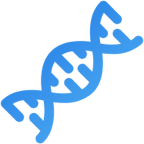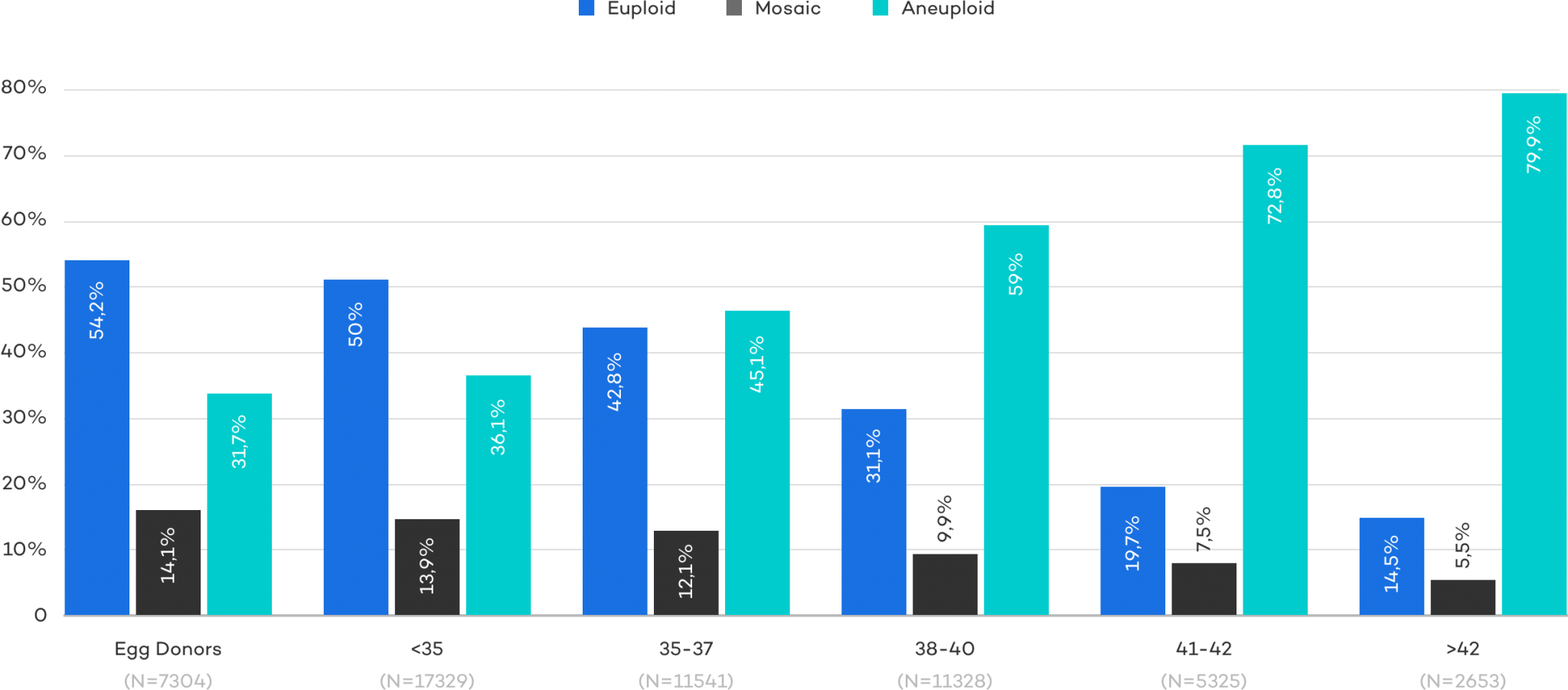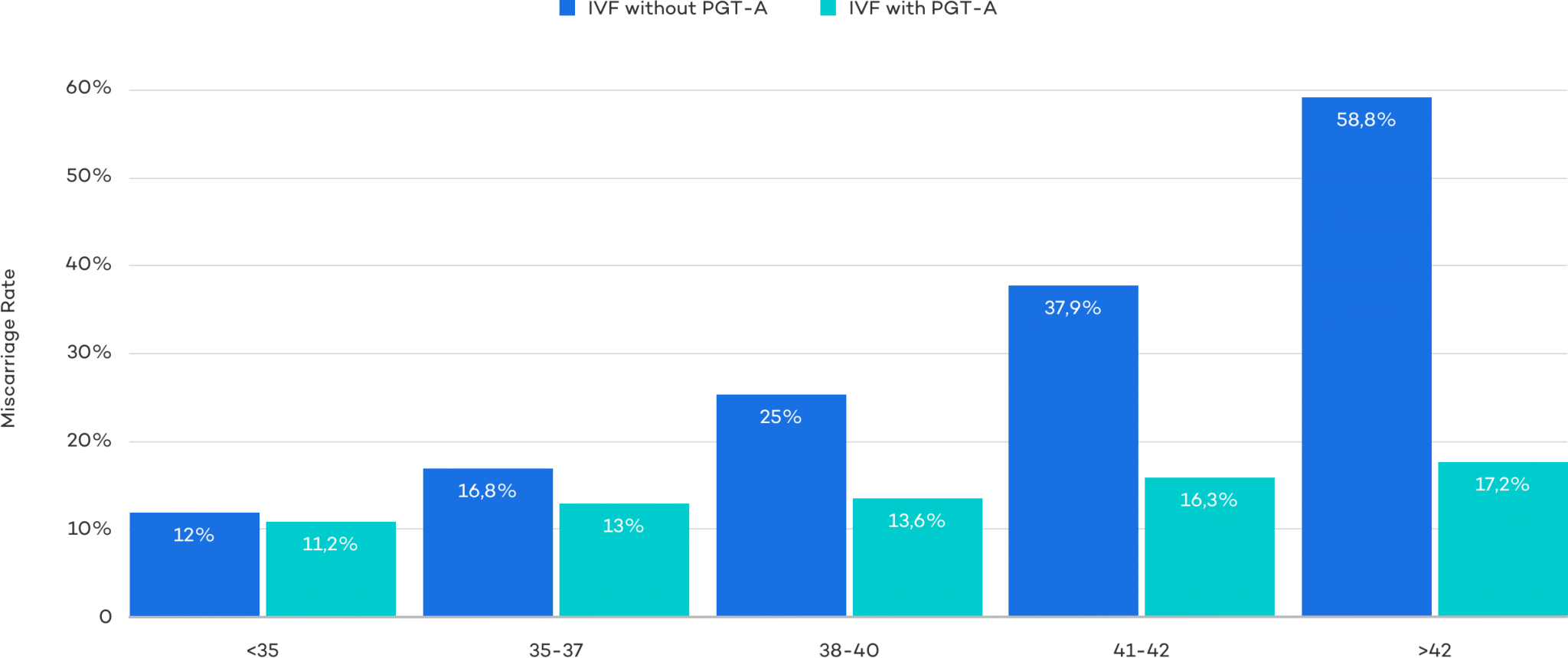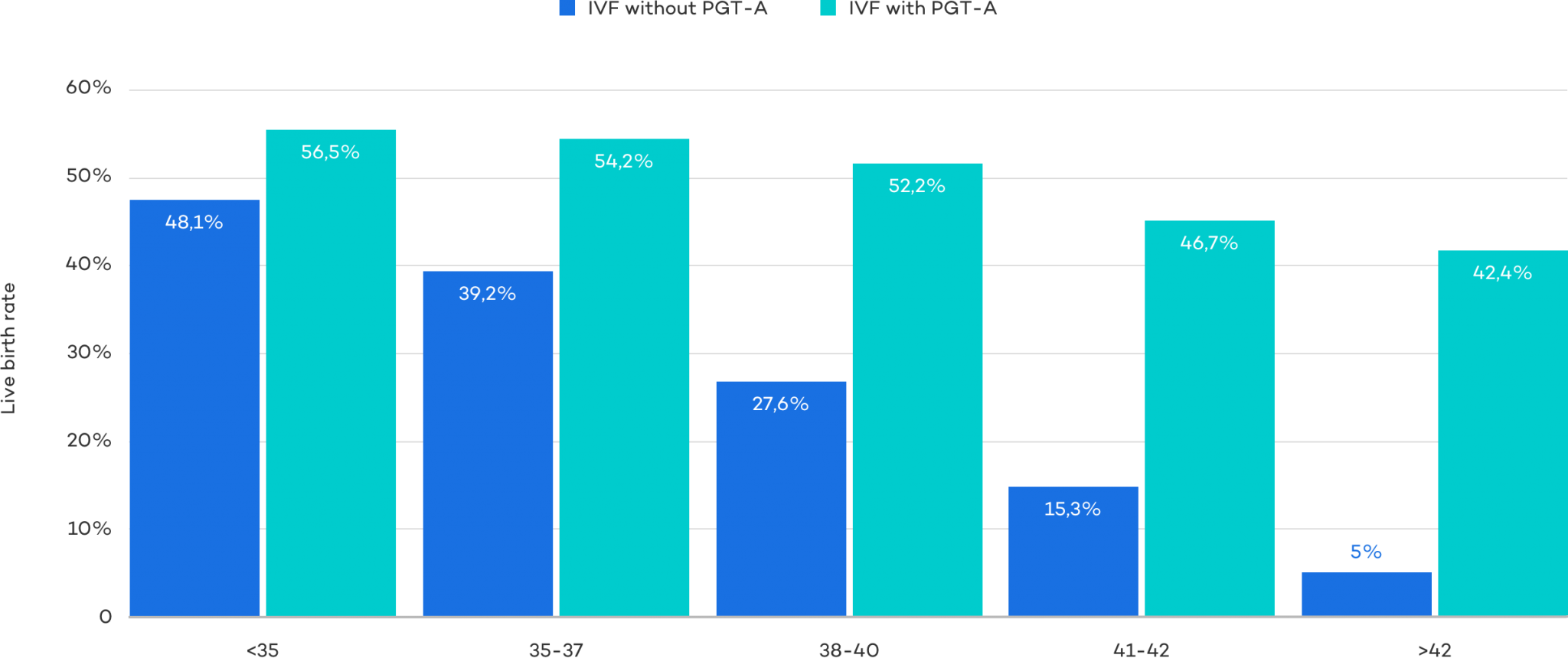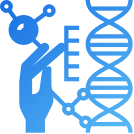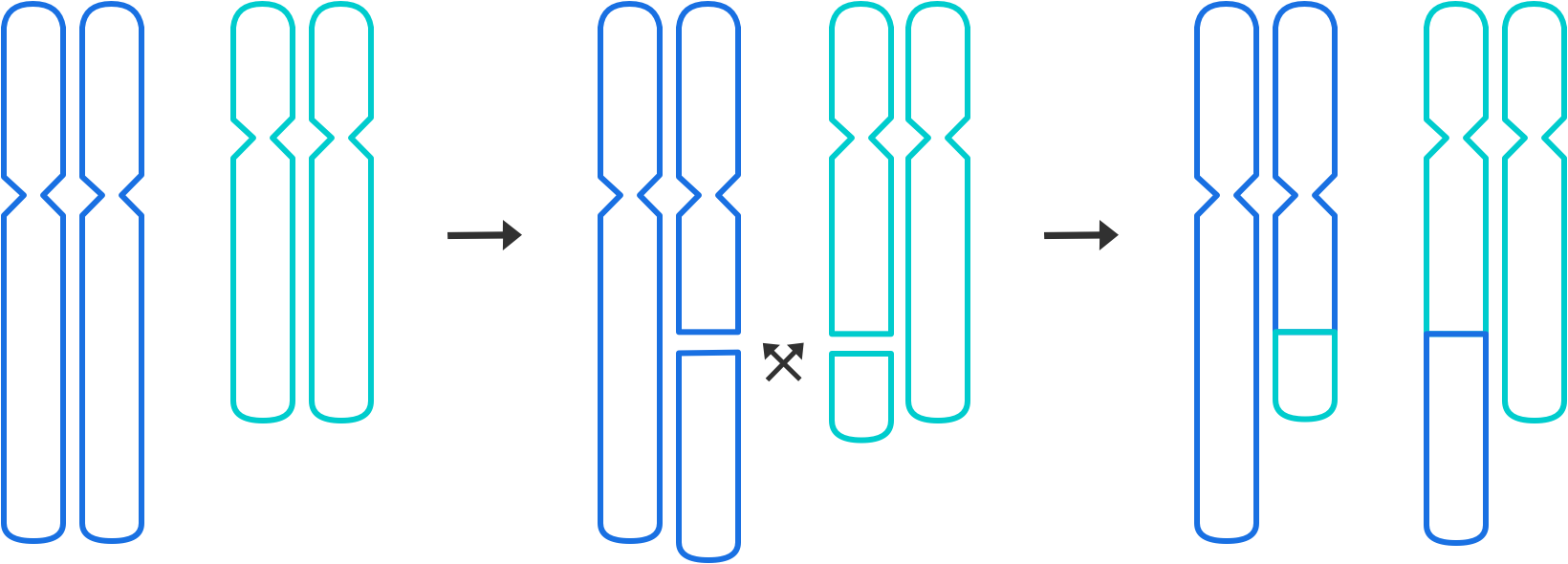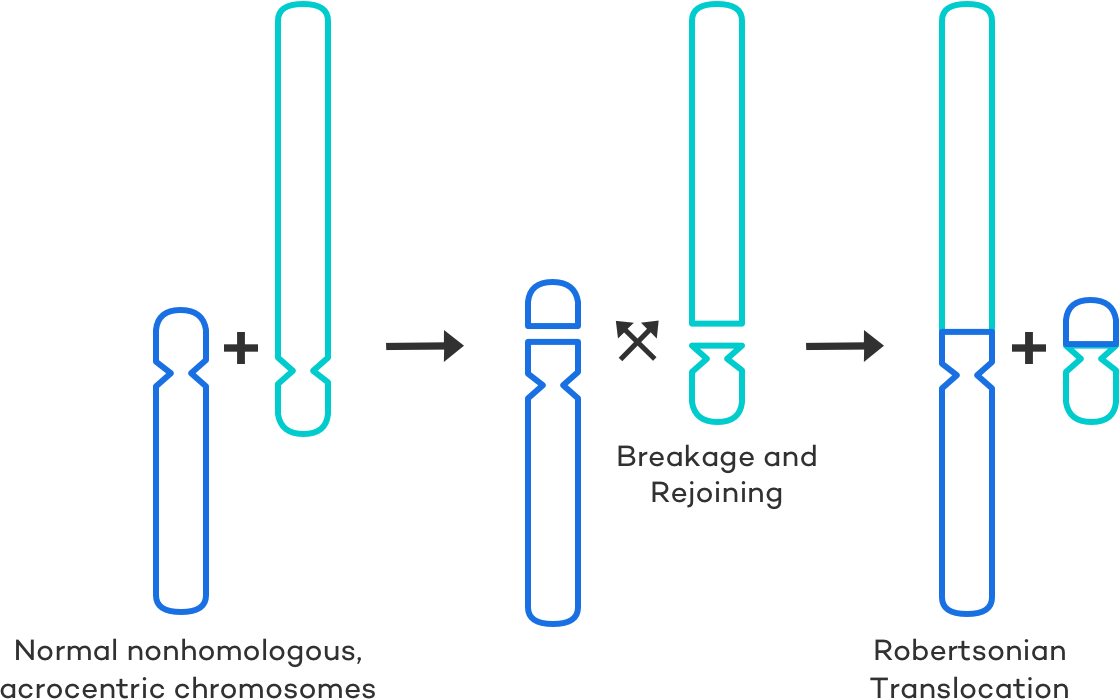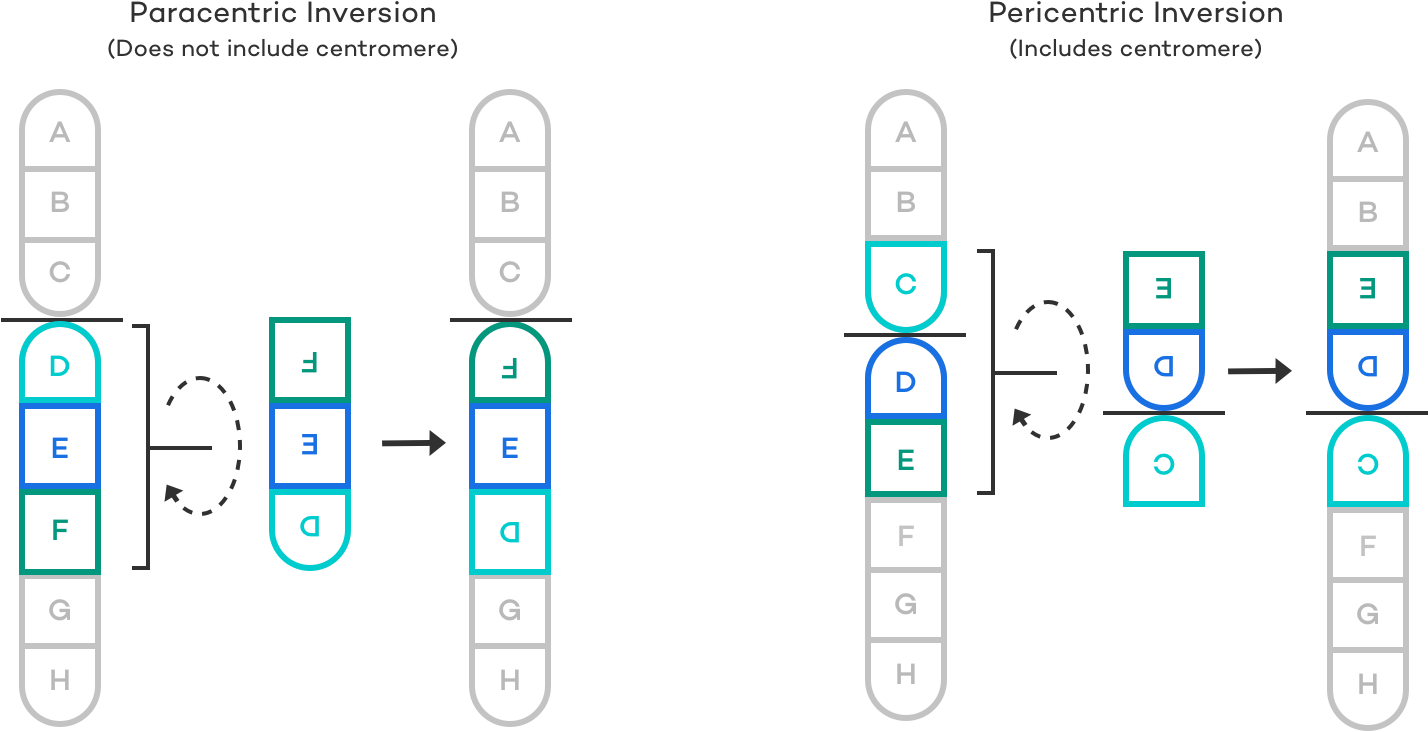Fertility Treatment
The Basics of Preimplantation Genetic Testing
Preimplantation Genetic Testing (PGT) is an embryonic procedure done in unison with IVF where a tissue biopsy of a developing embryo is taken and tested for genetic (ab)normalities. The tissue biopsy takes place on blastocysts stage embryos. Afterwhich, the tissue is sent to a third party genetics lab for analysis.
PGT is broken into 3 main testing categories: Preimplantation genetic testing for aneuploidies (PGT-A), monogenic/single gene defects (PGT-M), and chromosomal structural rearrangements (PGT-SR)
PGT-A AKA PGS
PGT-M AKA PGD
PGT-SR AKA PGD
PGT-A: Preimplantation Genetic Testing for Aneuploides
Formerly known as PGS (preimplantation genetic screening), PGT-A gives information about the number of chromosomes within IVF embryos. Those with normal results have higher odds of achieving a successful pregnancy. It is also often used to choose the sex of the anticipated child.
normal chromosome number
abnormal chromosome number
Potential PGT-A Results
There are three potential results that can come from each embryo tested with PGT-A: Euploid (normal) Mosiac (mixed – some cells that were tested in the embryo are normal, some are abnormal), Aneuploid (all cells tested are abnormal).
Possible PGT-A results
Euploid
Mosaic
Aneuploid
Aneuploidy and Age
While everyone is at risk of producing aneuploid embryos, the risk goes up as women age. Aneuploid embryos are associated with increased implantation failure and miscarriage and lower live birth results.
The PGT-A Process
PGT-A is added in conjunction to an IVF treatment cycle – the only adjustment from a patient perspective is that the embryos must be frozen to await the test results; this means it requires a Frozen Embryo Transfer. Lucky, the technology around freezing, thawing and transfering has reach it’s maturity with success rates equal to fresh transfers. So much so that people freeze and do FETs at the same rate as fresh transfers even when not doing genetic testing.
IVF
IVF: In vitro fertilization must be done in order to abtain the necessary embryos.
Embryo Biopsy
An embryologist carefully removes a small sample of cells (usually 5-10 cells) from each embryo’s trophectoderm (the part of the embryo that becomes the placenta).
Genetics Lab
The biopsied cells from the previous step are sent to a genetics lab to perform the actual tests. Meanwhile the embryos are frozen here at CNY to await results.
FET
After receiving the results and discussing them with you, we choose an embryo and thaw it for your frozen embryo transfer. Remaining embryos remain frozen indefinitely until ready for use.
Why PGT-M?
PGT-M: Preimplantation Genetic Testing for Single-gene Defects
PGT-M is performed on blastocyst stage embryos to significantly reduce the risk of having a child with a specific genetic disease. Whether you have a genetic disorder or have learned of a risk status through screening, an affected family member, a pregnancy, or a child with a known single-gene disorder, PGTM may be the solution for your family-building needs.
- You and your partner are carriers of the same autosomal recessive condition
- Cystic Fibrosis
- Sickle cell anemia
- Tay-Sachs disease
- You are a carrier of an X-linked condition
- Duchenne Muscular Dystrophy
- Hemophelia B
- Fragile X
- You or your partner have an autosomal dominant condition
- Huntington’s Disease
- Neurofibromatosis
- Marfan Syndrome
- You or your partner have a mutation associated with hereditary cancer
- BRACA1 & 2 MLH1
- MSH2/6
- PMS1/2 TP53 CHEK2
The PGT-M Technology: Karyomapping
A genetic mapping technology that maps hundreds of thousands of data points across the entire genome and subsequently performs a linkage analysis.
The PGT-M Process
PGT-M involves a close examination of the mutation an individual carries. Each test design is unique and specifically tailored to the individuals being tested so DNA samples from both partners (and often additional family members) will be required to design a test.
Case Review
It all starts with speaking to a genetic counselor to ensure your disorder is covered and determine if additional testing of the intended parents or family members is required.
Collection
If necessary the lab will collect DNA samples (and appropriate family members) to design a tailored test.
IVF
In Vitro Fertilization must be done to get the embryos that are to be tested.
Embryo biopsy
After growing to blastocyst stage embryos a biopsy is taken by our embryologists and sent to the genetics lab. The embryos are frozen to await test results.
PGT-M
Testing is done and results sent back to us.
FET
After reviewing the results an embryo can be thawed and transferred into the woman’s uterus.
Why PGT-SR?
PGT-SR: Preimplantation Genetic Testing for Chromosomal Structural Rearrangements
Chromosomal rearrangements are changes from the normal size or arrangement of chromosomes. Chromosome rearrangements can be inherited or can happen via a spontaneous mutation. Many carriers are healthy and are unaware of their carrier status until they try to have children as they are at an increased risk of passing along that genetic mutations which often leads to an unsuccessful pregnancy.
Who it’s for
PGT-SR is for people who have a chromosome rearrangement and should thus be considered in conjunction with IVF if you had a child or pregnancy with a chromosome rearrangement or if you or your partner is a carrier of an:
The PGT-SR Process
In most cases the PGT-SR process follows a more simple process similar to PGT-A and requires no additional testing. In some cases, it may be necessary to have a more extensive workup and follow a path similar to PGT-M.


